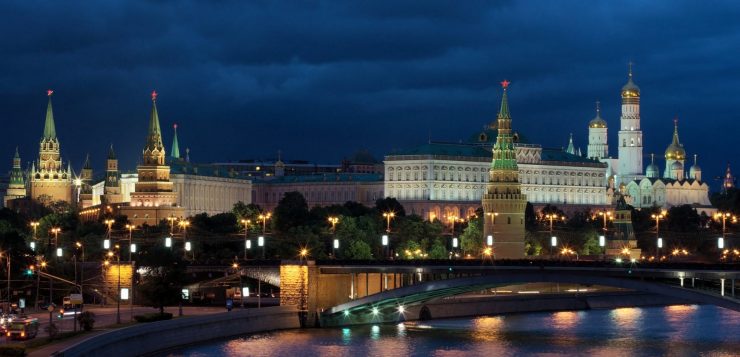Russia Security Token Blockchain Launching in Switzerland
As Originally Published on businessblockchainhq.com
By David Akilo
Russia’s National Settlement Depository (NSD) will be launching the highly anticipated Russia security token blockchain next month. This project is known as D3ledger (Decentralized Digital Depository) and has been in the works since 2017. However, the Moscow Exchange’s subsidiary has chosen Switzerland as the base for the launch of the D3ledger; this will make the project more than 5,000 kilometers away from its headquarters in Moscow.
The Russia security token blockchain will take off without any regulatory hiccups as the head of innovation at NSD; Artem Duvanov has stated that Switzerland’s regulations favor the project. According to him:
“In terms of laws, [Switzerland] allows the tokenization of at least some kind of securities. That’s the first thing. And it’s favorable for such things because there is market demand.”
The Role of Russia Security Token Blockchain
The Russia security token blockchain, D3ledger is expecting to bring some significant changes to the market. D3ledger was built using Hyperledger Iroha; it will allow investors to track a variety of digital assets effectively and will also function as a security token representing unregistered shares in an upcoming health care company, as well as Sora, a cryptocurrency developed by the Japanese firm, Soramitsu. The D3ledger will also be able to track digital assets (ERC-20 tokens) built on the Ethereum blockchain.
The Russia security token blockchain can also track prominent cryptocurrencies like Bitcoin and Ethereum. However, Duvanov has stated that the D3ledger platform will store Bitcoin and Ethereum in the form of depository notes.
With the D3ledger, this process involves the use of multi-signature smart contracts to “freeze” Bitcoin and Ethereum tokens on the public network. The issuing of rights to the tokens then occurs on the D3ledger network. According to Duvanov:
“The idea behind D3ledger is a combination of the public network and a private network; slow public network and fast private network. This method of holding them involves distribution so there is no custody risk like if you store your Bitcoin on an exchange.”
D3ledger’s StableCoin Integration
Duvanov also suggested that they will like to add a reputable stablecoin to D3ledger.
“We will include an established connection with some stablecoin, like Gemini coin or some coin backed by dollar or euro,” he added.
Stablecoin integration will help to facilitate over the counter (OTC) crypto transactions. This will tremendously improve the overall efficiency of the platform allowing for the simultaneous completion of trades on both ends. Adding a stablecoin to the network will also eliminate counterparty risks and address problems associated with the delivery-versus-payment of security trades.
Switzerland’s Blockchain Reputation Growing
Switzerland is famous for being the place for storing assets securely in a privacy-centric environment. Therefore, it is not surprising that with the arrival of cryptographic technology and the rise of digitization, many institutions in the country are now looking at creating products and systems for handling digital assets. These digital friendly systems will not only improve the country’s reputation as a haven for financial privacy, but it will also attract new investors and lead to the rise of fintech startups.
The Swiss Exchange, SIX is also moving in this direction by integrating blockchain technology into its digital trading platform (SIDX) slated to launch later this year. This trading platform will tokenize bonds and stocks, and may later focus on creating security token offerings (STOs). This move by SIX could be one of the factors that attracted the NSD to Switzerland; it may also prompt other exchanges around the world to tow a similar route and could influence changes in Switzerland’s financial laws.
Duvanov appears to share a similar sentiment. According to him:
“There are some proposals for a new law which I think are driven by the SIX project. I am pretty sure because I see proposed changes which are meeting the requirements of SDX. I think the SDX project will drive changes in Swiss law and so everybody will follow.”
David is a professional writer and blockchain enthusiast who caught the blockchain fever three years ago and has never looked back since then. His genuine interest in this emerging technology combined with his writing prowess allows him to create unique and engaging blockchain content.

